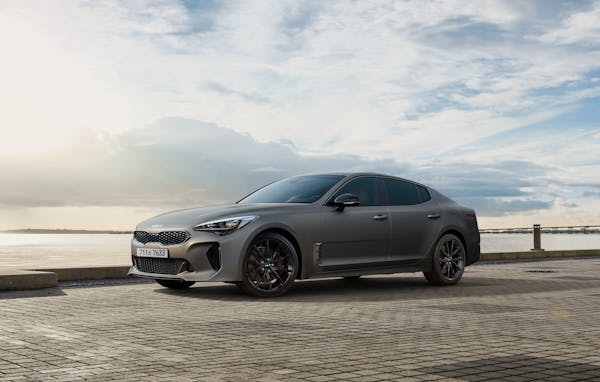When shopping for a new or used car, the term “car specifications” frequently pops up. These specifications, or “specs,” are the technical details that define the vehicle’s design, performance, and capabilities. Whether you’re a first-time buyer or a seasoned driver, understanding car specifications is crucial for making an informed decision. This guide will walk you through what car specs are, why they matter, and how to use them to choose the right vehicle for your needs.
What Are Car Specifications?
Car specifications include all the vital details about a vehicle’s components, features, and performance. These specs cover everything from engine size and horsepower to fuel economy, safety features, and dimensions. Manufacturers provide this information to help buyers compare models and understand what to expect from a car.
Common Car Specifications Explained
Here are the most important car specifications to pay attention to:
1. Engine Type and Size
The engine is the heart of your car. Common engine types include inline (I4), V6, and V8. The engine size, usually measured in liters (e.g., 1.5L or 2.0L), impacts how much power the car can produce.
2. Horsepower and Torque
Horsepower (hp) indicates the power output of the engine, while torque (Nm or lb-ft) measures the engine’s rotational force. A higher horsepower often means better acceleration, while more torque is crucial for towing and climbing.
3. Transmission
Cars may come with manual, automatic, CVT (Continuously Variable Transmission), or dual-clutch transmission systems. Each type has different advantages in terms of driving experience and fuel efficiency.
4. Fuel Efficiency
Fuel economy is a major consideration for most drivers. It’s usually measured in miles per gallon (MPG) or kilometers per liter (km/L). Vehicles with higher MPG are more fuel-efficient and cost-effective to run.
5. Drivetrain
This refers to how power is delivered to the wheels. Common types include front-wheel drive (FWD), rear-wheel drive (RWD), all-wheel drive (AWD), and four-wheel drive (4WD). AWD and 4WD are best for off-road and adverse weather conditions.
6. Dimensions and Weight
Specs like wheelbase, length, width, height, and curb weight help you understand the size and handling of the car. These are especially important when parking, maneuvering, or fitting into your garage.
7. Interior Features
Specifications also cover infotainment systems, seating materials, cargo space, and more. Comfort features like heated seats, climate control, and sunroofs may also be listed.
8. Safety Ratings and Features
Look for safety specs such as airbags, ABS, electronic stability control, lane assist, blind spot monitoring, and crash test ratings from organizations like NCAP or IIHS.
Why Car Specifications Matter
Car specifications aren’t just technical jargon—they directly affect your driving experience. For example:
- If you drive long distances, fuel economy and comfort features will matter most.
- If you live in a snowy area, AWD or 4WD is a smart choice.
- If you tow trailers or boats, focus on torque and towing capacity.
- For urban driving, compact dimensions and maneuverability are key.
Understanding specifications can also help you estimate maintenance costs and resale value.
Where to Find Car Specifications
You can find detailed specs on:
- Manufacturer websites
- Car dealership brochures
- Online automotive platforms like Edmunds, CarDekho, or Kelley Blue Book
- Vehicle user manuals
Always compare multiple sources to ensure accuracy.
How to Compare Car Specifications
When comparing cars, make a checklist of your priorities. Do you want better mileage, more power, or advanced safety features? Use side-by-side comparison tools on car websites to weigh your options.
For instance, if you’re choosing between a Honda Civic and a Toyota Corolla:
| Specification | Honda Civic | Toyota Corolla |
|---|---|---|
| Engine | 2.0L I4 | 1.8L I4 |
| Horsepower | 158 hp | 139 hp |
| Fuel Economy (MPG) | 30 city / 38 hwy | 30 city / 38 hwy |
| Transmission | CVT | CVT |
| Safety Rating (NHTSA) | 5 stars | 5 stars |
Such comparisons make it easier to decide based on what matters most to you.
Tips Before Buying
- Test Drive: Specs can only tell you so much. Always test drive to feel the car’s performance.
- Check Reviews: Look for user and expert reviews for real-world feedback.
- Consider Future Needs: Think long-term—your needs may change in a few years.
Conclusion
Understanding car specifications is essential for choosing the right vehicle. By learning what each spec means and how it affects performance, safety, and comfort, you can make a smarter, more confident purchase. Don’t just rely on looks or price—let the specs guide you to the perfect ride.

